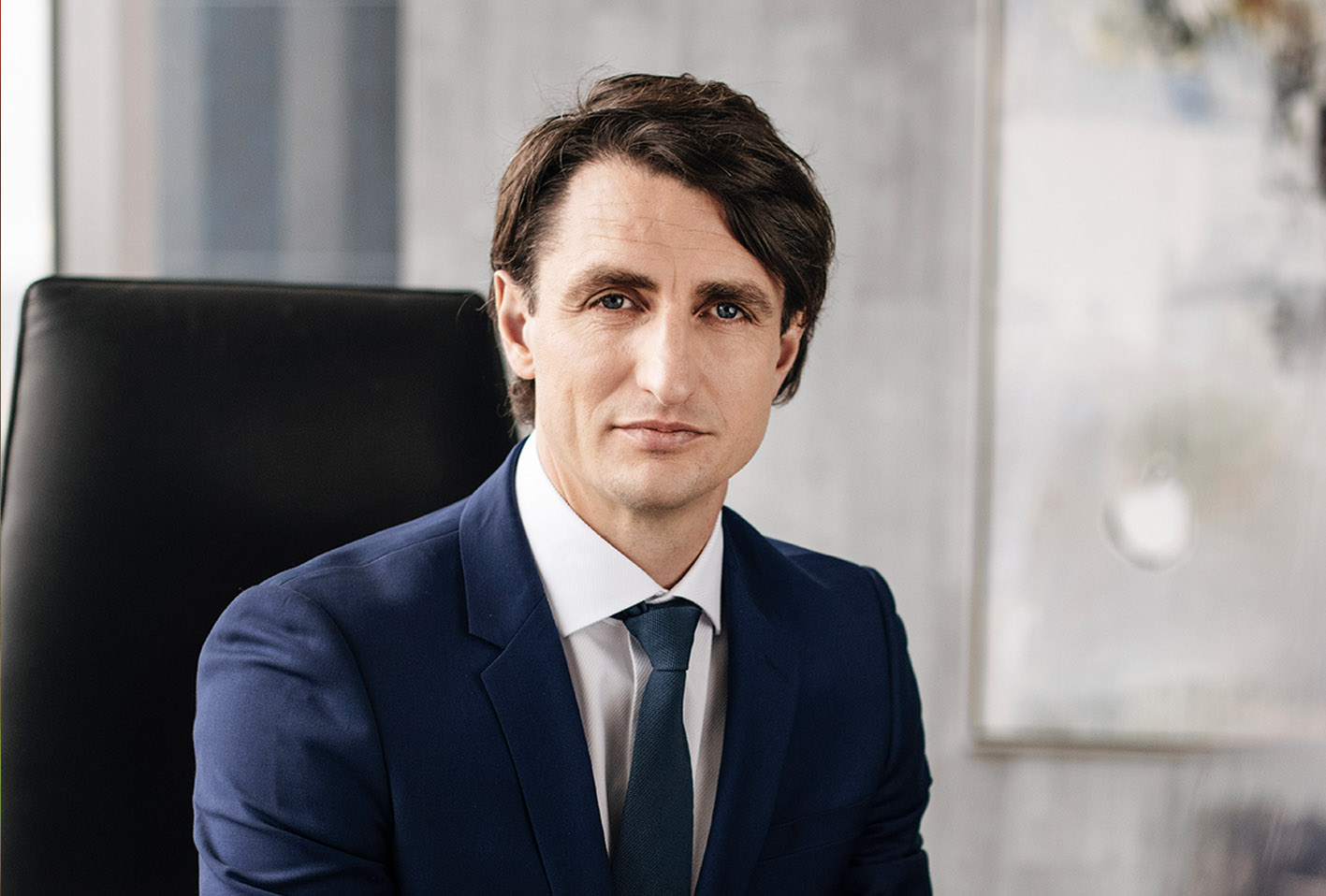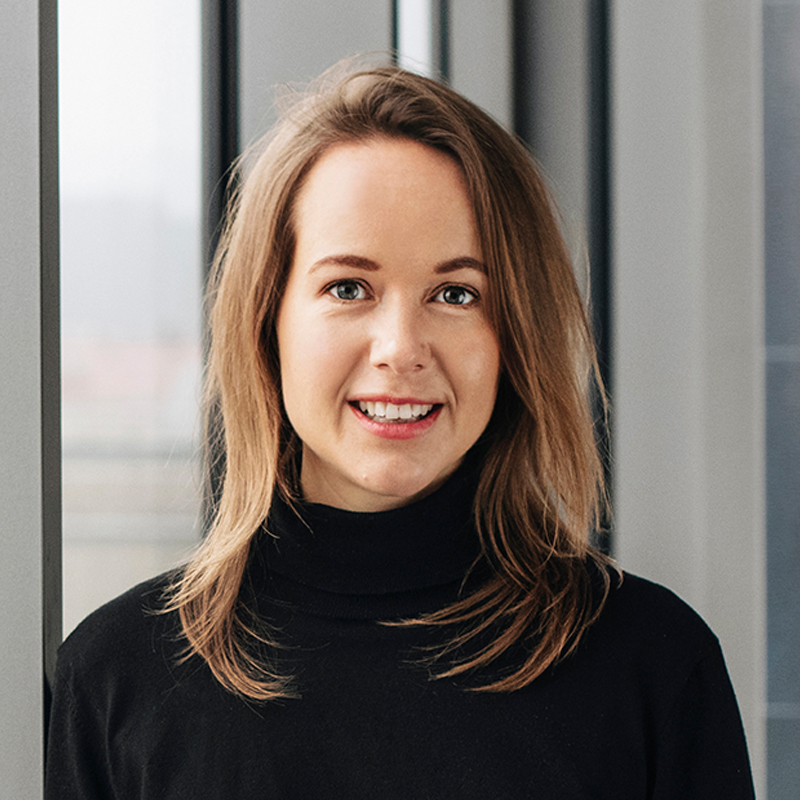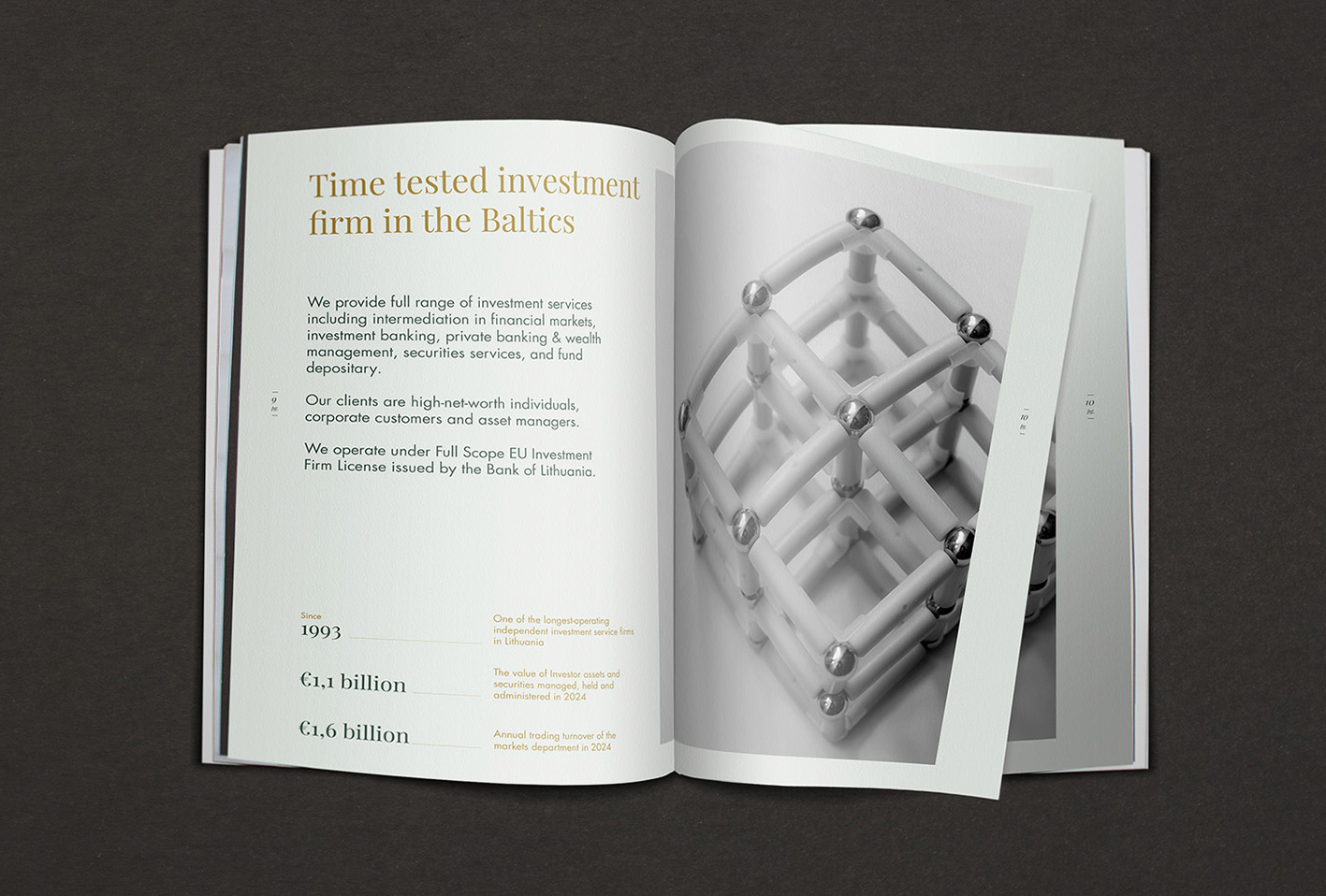–
Where do Lithuanian millionaires invest?
The average Lithuanian millionaire is a 56 years old man, an entrepreneur who has not yet retired from the direct management of his companies, with assets under management of 20 million, shows the analysis of the 500 richest people in Lithuania by “Orion Securities”.
 Alius Jakubėlis | Orion CEO
Alius Jakubėlis | Orion CEO
“Unlike in the countries of old Europe, where about half of all millionaires have inherited their assets, the absolute majority of the richest Lithuanian people earned it in the business they established, who have started to move away from direct corporate management only recently. Some sell businesses or parts of businesses to expansion-minded competitors or hand over control to children. In recent years, we have increasingly seen that businesses are actively bought by professional managers – private equity funds,” – says Alius Jakubėlis, CEO of “Orion Securities”.
Financiers also see the changing trends when talking about where the richest Lithuanians invest – investing in real estate with partners or lending money to other entrepreneurs at a significant interest rate is replaced by investments in private equity funds, and active community project support is complemented by non-profit science and academic funds.
Today, the standard investment of the richest, a deal ticket in one financial instrument is one million euros, but more and more often such transactions amount to 5 or 10 million euros.
The favorite Lithuanian investment is real estate
“Twenty or even ten years ago, it was common for entrepreneurs to reinvest all the money they earned in the development of their business. Sometimes they didn’t even have their own homes – all the money went only to fuel their single business. This was a growth stage, without which we would not have strong, international Lithuanian businesses successfully competing in the global market today,” – notes A. Jakubėlis.
And those who did not feel the need to invest all their funds in business, usually chose their favorite Lithuanian investment – real estate, as an alternative. “Apparently, psychology is at work here,” – says A. Jakubėlis. – Real estate is tangible, visible and gives a sense of security. This outweighs its disadvantages as complex liquidity or additional liabilities to the bank, which often fall on the shoulders of the core business.”
It was customary to invest in real estate alone or with business co-owners. “This is how many complex business groups appeared, where you could not immediately tell which business is the primary one and which is secondary. In recent years, we have seen cases where, in the case of inheritance or sale of part of property, that separation took place in exactly this way – for one real estate, for another – the main business,” – says A. Jakubėlis.
For a long period, the second most popular type of investment was lending money to fellow entrepreneurs, which generated significant returns and the same time – considerable headaches.
“Banks’ lending conditions for business in Lithuania have never been very favorable, so they often had to look for money for business development or even working capital from fellow entrepreneurs. It can be said that a kind of alternative financing system worked. However, the joy of high interest was overwhelmed by the fact that borrowers were not always able to meet their obligations, and then a difficult process had to be started, at the end of which you did not always recover the funds, but you inevitably found enemies,” – says the head of Orion.
3 Lessons learned during the crisis
According to the interviewee, the changes in the investment habits of the richest people of the country formed 5-6 years ago and were largely related to the lessons learned during the 2008-2009 crisis.
“It took both time and effort to recover from the financial crisis, and the 3 most important lessons were evaluated after the recovery,” – says A. Jakubėlis.
The first is that by putting everything together into a single business, however successful it is, increases the risks, so investments need to be diversified.
The second is that when you manage everything yourself, you start lacking time. The extra investment consumes so much time, that there is not enough left for the core business. Therefore, entrepreneurs began investing not with friends or long-term business partners, but with those who have experience in a new business segment. Financial investors and those developing a new business have split up.
The third is understanding, that investing is also a job that I would rather entrust to professionals. Thus, initially, people who supervised investments appeared within companies, and with the growing demand for new competencies, the first Family offices appeared, supervising the assets of one or more entrepreneurs. An alternative solution, often chosen by an entrepreneur in the 500 richest people in the country, is to invest through various funds.
“The crisis has had not only financial but also psychological consequences. The pursuit of large, fast, and risky money has been replaced by the desire to preserve existing assets first and to divide investments wisely. New goals are set for investment – there is no longer a need to obtain a controlling stake in each object or to necessarily participate in its management. Overall, many of the richest people, those who have been building their businesses for 30 years, are gradually withdrawing from active participation in operational management. Many of their companies are run by hired directors, while in others leadership positions are gradually being taken over by their children, ”says A. Jakubėlis.
A new generation of “digital millionaires” is emerging
There is also a new generation of “digital millionaires” – young people under the age of 40 who are on the ranks of the digital IT or so-called fintech business. Also young people who unexpectedly made money from a wave of cryptocurrencies.
“Their investment habits are more aggressive, more focused on an area they know well – digital services. They make decisions faster, tend to play in global markets, they follow a much larger amount of information, have a good command of foreign languages. They are the way many of the richest were 20 years ago – willing to take risks and not experience the consequences of the crisis, ” – describes A. Jakubėlis.
It is the young generation that tends to create and develop new startups. Nowadays, it is not difficult to attract the necessary funding for those who want to develop a new business idea, because such companies are targeted by both wealthy entrepreneurs and newly created specialized investment funds. In general, investors are more inclined to look for new alternatives and look to IPOs of global companies or search for opportunities to invest in unlisted companies like “Space X”, “Revolut” or “Robinhood”.
Investments are made not alone and not for profit alone
“The sharing economy has permeated the habits of the richest,” – the interlocutor says, noting that group investment, so-called “club deals” – are becoming dominant. And not just when it comes to investing for the sake of profit for yourself. Today, a successful investment strategy is often associated with charity, and the most suitable sector for that is the scientific-academic one.
Entrepreneur Marius Jakulis Jason founded a MJJ fund worth 3.5 million euro, where annually, 10% of its value is dedicated to providing financial support to talented business developers, academics and students who can and want to contribute to the growth of the Lithuanian economy.
The Vilnius University Foundation endowment fund operates on a similar principle. More than 700 people have already donated money to it, and the value of the fund exceeds 2 million euros. The fund’s investment return is allocated for the needs of Vilnius University.
“This is a great start and we will only see more such great initiatives in the future. I wish you successful investment and patience, because it is necessary for investing,” – says A. Jakubėlis.
Related articles:
• Delfi news channel (Lithuanian article)
More about us:
• Our website: www.orion.lt
• Facebook
• Linkedin
• Youtube










